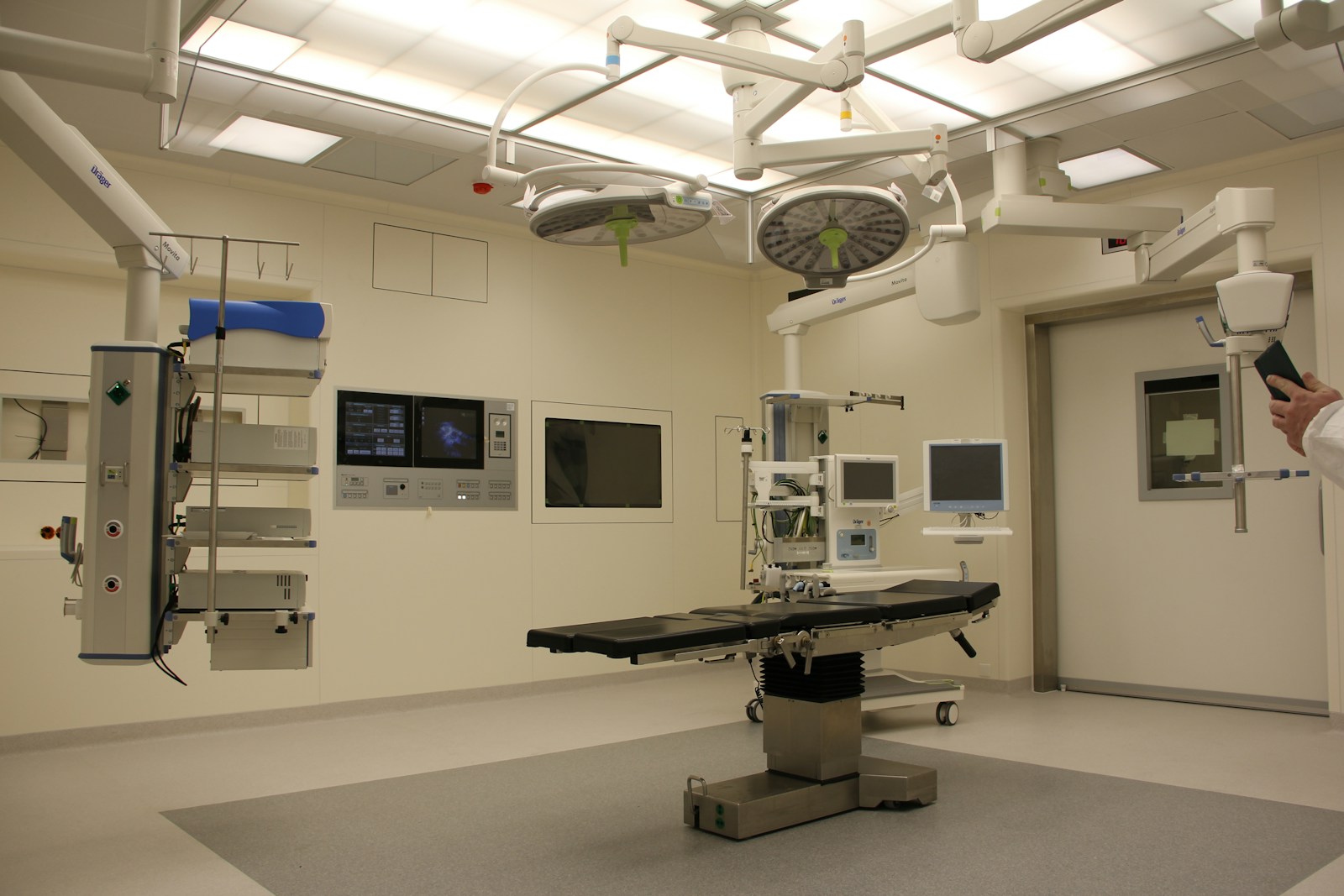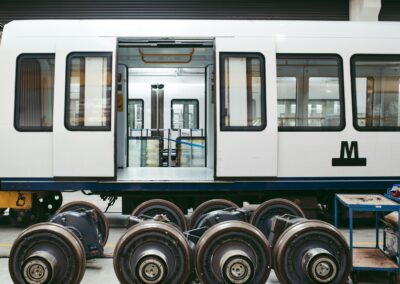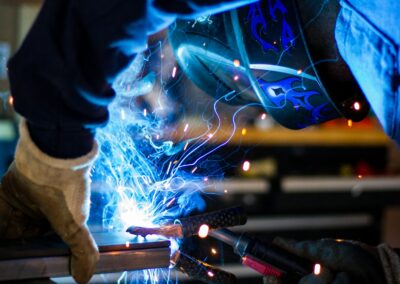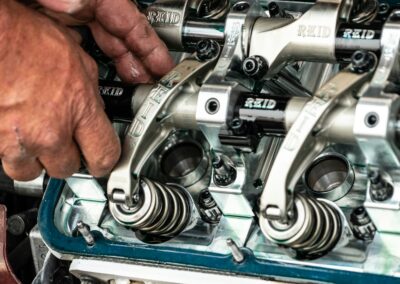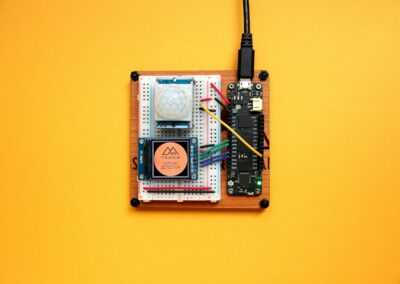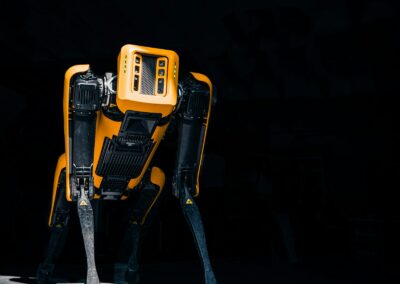Revolutionizing Predictive Maintenance with AI in Riyadh and Dubai
Understanding the Role of Neural Networks in Predictive Maintenance
Neural networks in predictive maintenance are transforming how industries approach equipment management, particularly in technologically advanced regions like Riyadh and Dubai. These AI-driven models are designed to analyze vast amounts of data generated by machinery and industrial equipment, identifying patterns and predicting potential failures before they occur. By leveraging neural networks, businesses can move from reactive to proactive maintenance strategies, reducing downtime and extending the lifespan of critical assets. For instance, in the oil and gas industry, which is crucial to the economies of Saudi Arabia and the UAE, neural networks can analyze sensor data from drilling equipment to detect early signs of wear and tear, preventing costly breakdowns and ensuring continuous operations.
The ability of neural networks to process and learn from large datasets makes them particularly suited for predictive maintenance. Unlike traditional statistical methods, which may struggle to capture the complexity of equipment behavior, neural networks can model non-linear relationships and interactions within the data. This allows for more accurate predictions of equipment failures and maintenance needs. In Riyadh’s industrial sector, for example, companies can use neural networks to monitor the health of manufacturing equipment, predicting when parts are likely to fail and scheduling maintenance accordingly. This not only improves operational efficiency but also enhances safety by preventing unexpected machinery failures.
Enhancing Predictive Accuracy and Reliability
One of the most significant advantages of using neural networks in predictive maintenance is their ability to enhance the accuracy and reliability of maintenance predictions. Neural networks can continuously learn and adapt to new data, improving their predictive capabilities over time. This adaptability is crucial in industries where operating conditions can change rapidly, such as in the energy sector or manufacturing. For example, in Dubai’s energy sector, neural networks can be used to monitor power plants, predicting when critical components need maintenance based on real-time data. This ensures that maintenance is performed only when necessary, reducing costs and avoiding unnecessary downtime.
Moreover, neural networks can integrate data from multiple sources, including sensors, historical maintenance records, and environmental conditions, to provide a comprehensive view of equipment health. This holistic approach allows for more accurate predictions and better decision-making. In Riyadh, where industrial operations are expanding and becoming more complex, neural networks can help companies manage the increased volume of data and maintain high levels of equipment reliability. By using neural networks to analyze diverse datasets, businesses can detect subtle signs of potential failures that might be missed by traditional methods, leading to more timely and effective maintenance interventions.
Driving Business Success through Proactive Maintenance
The strategic use of neural networks in predictive maintenance offers numerous benefits that extend beyond operational efficiency. By reducing unplanned downtime and extending the lifespan of equipment, businesses can achieve significant cost savings. In the competitive markets of Riyadh and Dubai, where operational efficiency is a key driver of business success, these cost savings can provide a crucial advantage. For example, in the aviation industry, where equipment reliability is critical, neural networks can help airlines reduce maintenance costs while maintaining high safety standards. This not only improves profitability but also enhances customer satisfaction by ensuring that flights operate on schedule.
Furthermore, the predictive capabilities of neural networks support effective communication and decision-making within organizations. By providing accurate and timely information on equipment health, neural networks enable maintenance teams to communicate more effectively with management and other stakeholders. In Dubai’s high-pressure business environment, where quick and informed decision-making is essential, these insights can help managers allocate resources more effectively and prioritize maintenance activities. This leads to more efficient operations and better overall performance, supporting long-term business growth and success.
#AI #NeuralNetworks #PredictiveMaintenance #BusinessSuccess #Riyadh #Dubai #ExecutiveCoaching #EffectiveCommunication #ManagementConsulting #LeadershipSkills #ProjectManagement



